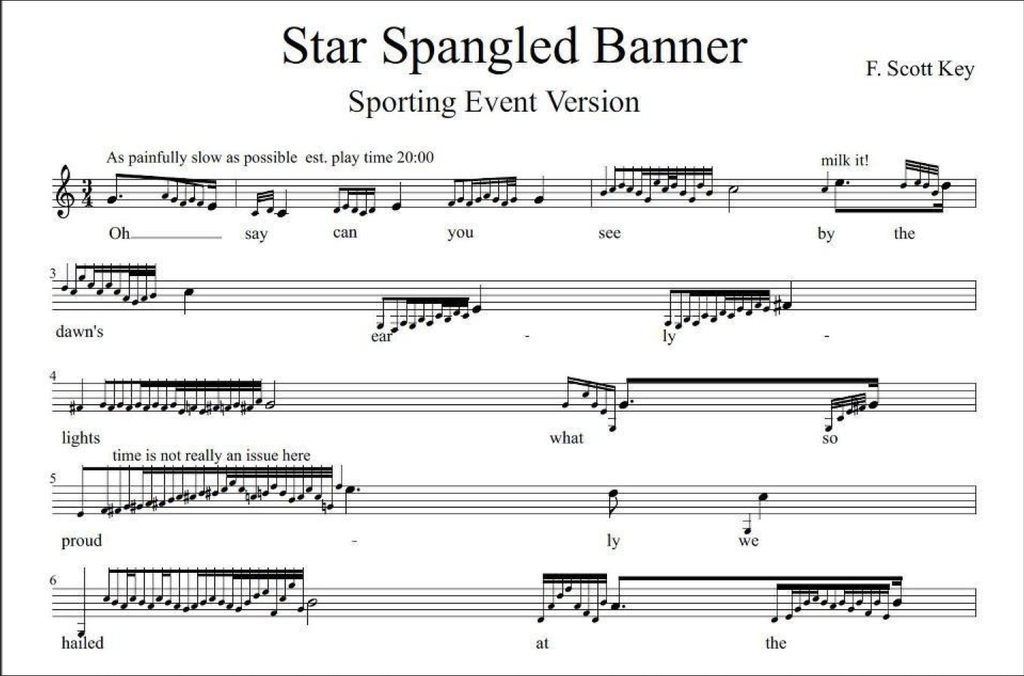dickadcock
Well-known member
- Joined
- Feb 1, 2014
- Messages
- 512
- Reaction score
- 0
reading is a very useful thing, if you need to use it.
if you don't, it's useless.
PS: nobody actually "plays" sight-reading. sight reading is a skill, but in any case you'll find yourself in the situations of playing a never-seen-before part. the best you'll need is to read fast, so that you can learn and play a part in a small amount of time.
in an orchestra nobody is reading the sheet while playing, it's just there as a reminder, in case of a lack of memory or just to be sure.
That has not been my experience.


